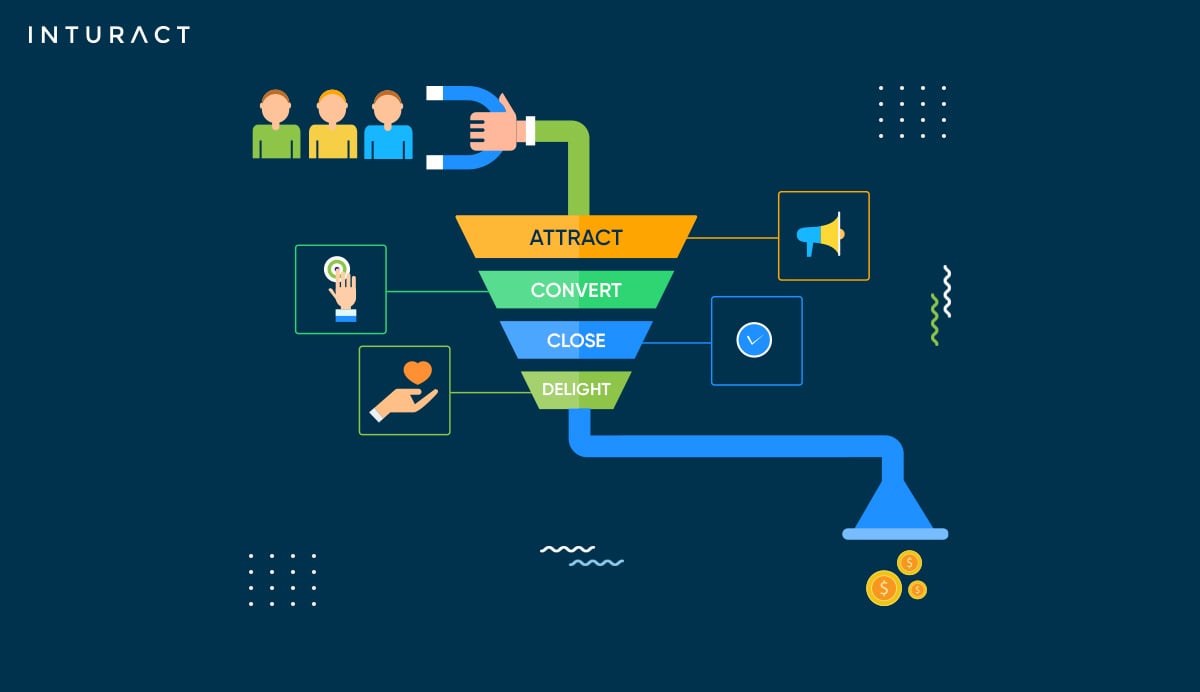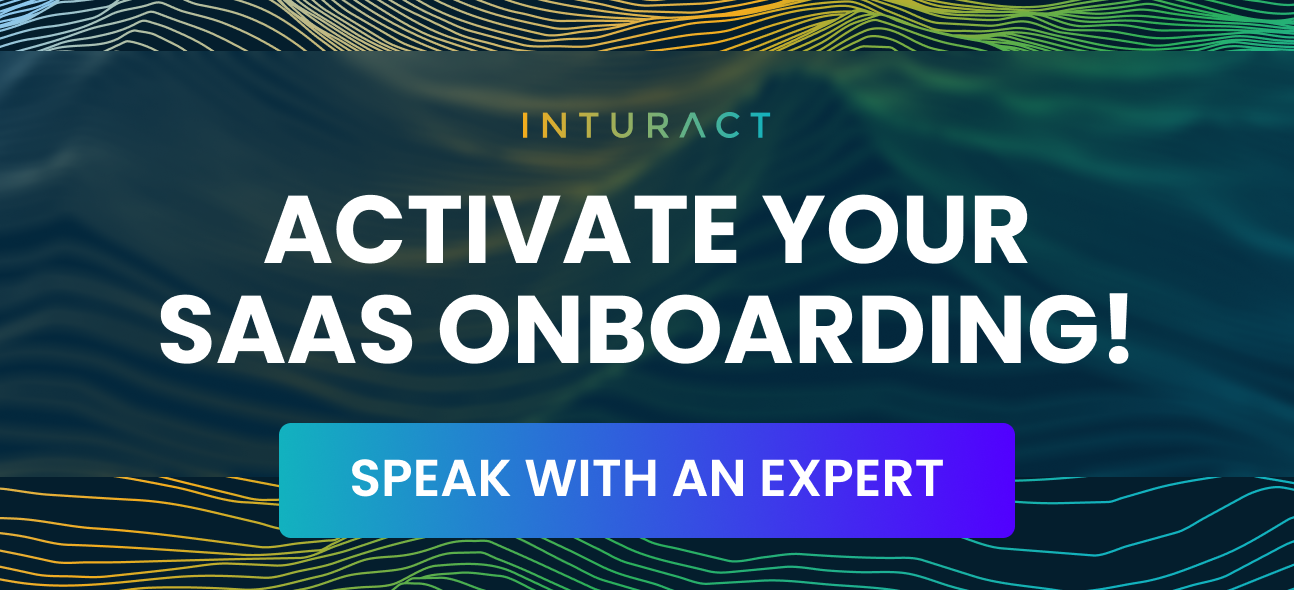What is the Typical Inbound Marketing Funnel for SaaS?

What is an Inbound Marketing Funnel?
An inbound marketing funnel is a strategic approach that guides potential customers through their journey from initial awareness of a product or service to becoming loyal, paying customers.
This funnel consists of four main stages: Attract, Convert, Close, and Delight.
Attract
At this stage, the goal is to draw the attention of potential customers who are searching for solutions to their problems. For SaaS companies, this might include creating content that addresses common pain points and challenges faced by their target audience.
Convert
Once potential customers are aware of your brand, the next step is to convert them into leads. In the SaaS world, offering a limited-time free trial or a demo of your software can be an effective way to convert visitors into leads.
Close
At this stage, the focus is on transforming leads into paying customers. This is achieved through targeted email marketing, lead nurturing campaigns, and personalized product demonstrations.
Delight
The inbound marketing funnel doesn’t end with a sale. The final stage is all about delighting your customers and turning them into brand advocates. This involves providing exceptional customer service, regularly updating and improving your product, and continuously engaging with your customers through valuable content and support.
Inbound Marketing Funnel vs Sales Funnel
The main difference between an inbound marketing funnel and a sales funnel lies in their focus and approach.
The inbound marketing funnel focuses on attracting, engaging, and delighting potential customers through valuable content and experience. It aims to build trust, credibility, and long-term relationships with customers and is driven by the customer’s needs and interests, allowing them to engage with the brand on their own terms.
On the other hand, a sales funnel focuses on guiding prospects through a series of steps to ultimately make a purchase. It aims to convert leads into paying customers as efficiently as possible and is driven by the company’s sales process, with a more direct and persuasive approach to selling the product or service.
What is TOFU?
TOFU stands for “Top of the Funnel” and refers to the first stage of the inbound marketing funnel, which is the Attract stage. The main goal of TOFU is to attract potential customers to your website and make them aware of your brand, products, or services.
At this stage, the focus is on creating and promoting content that addresses the pain points, challenges, and interests of your target audience. The content should be informative, engaging, and easily discoverable through search engines and social media platforms.
Common TOFU content formats include:
For example, a SaaS company offering a customer relationship management (CRM) tool creates a series of blog posts focused on topics such as “10 Tips for Effective Customer Communication,” and “How to Boost Sales Team Productivity,” which are part of TOFU content.
Distributing your TOFU content is crucial to attracting a wide audience and driving more potential customers to your website. The goal is to make your content easily discoverable and shareable across various channels, so it can reach and engage your target audience effectively.
Here are some key strategies for distributing your TOFU content:
What is MOFU?
MOFU stands for “Middle of the Funnel” and refers to the second stage of the inbound marketing funnel, which is the Convert stage. At this point, the focus shifts from attracting visitors to your website to converting them into leads by encouraging them to provide their contact information in exchange for something of value.
At the MOFU stage, you target visitors who have already shown interest in your brand by engaging with your TOFU content. The goal is to nurture these leads and build a relationship with them by providing more specific, in-depth content that addresses their unique needs and challenges.
Common MOFU content formats include:
What is BOFU?
BOFU stands for “Bottom of the Funnel” and refers to the third and final stage of the inbound marketing funnel, which is the Close stage. At this point, the focus is on converting leads into customers by providing them with the information and incentives they need to make a purchase decision.
At BOFU stage, you will target leads who have shown a strong interest in your product or service by engaging with your MOFU content and are now considering making a purchase. The goal is to address any remaining concerns or objections they may have and provide them with compelling reasons to choose your solution over competitors.
Common BOFU content formats include:
At this stage, your sales team may also get involved in reaching out to leads directly to answer questions, provide personalized recommendations, and guide them through the purchasing process.
Take Expert Help to Optimize your Inbound Marketing Funnel

Creating and managing a successful funnel requires a dedicated team with expertise in various areas, such as content creation, SEO, email marketing, and data analysis.
Assembling and managing such a team can be time-consuming and resource-intensive, especially for growing SaaS companies that need to focus on their core products and services. This is where partnering with a specialized SaaS growth agency like Inturact can
By focusing on the five pillars of the customer journey (Acquisition, Activation, Revenue, Referral, and Retention), Inturact provides strategic consulting, playbooks, and implementation services to help SaaS companies achieve sustainable growth.
What sets Inturact apart is its data-driven approach. By leveraging data insights, Inturact can help SaaS companies optimize their inbound marketing funnel at every stage, from attracting the right audience to converting leads and retaining customers. Schedule a call today and see how you can grow sustainably without risking your profits.




